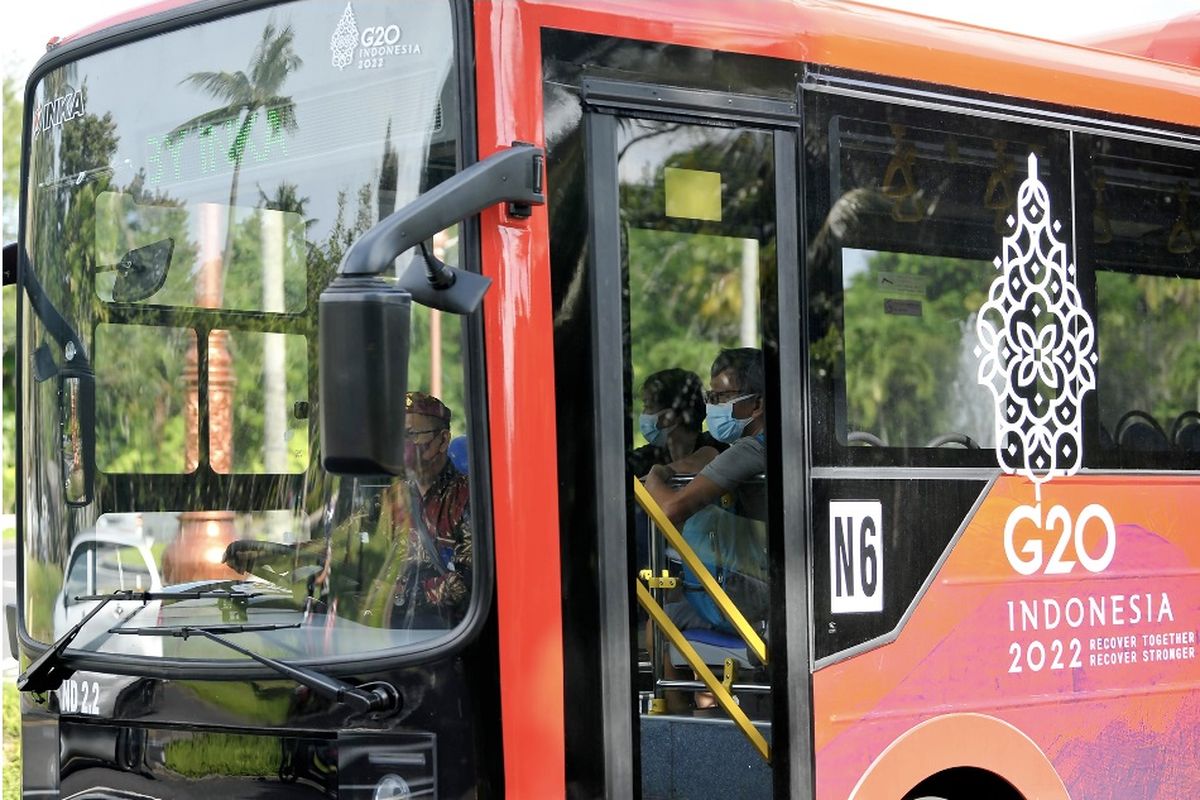More Regulations Needed to Ensure Safety in Indonesia's Electric Vehicle Development

JAKARTA, KOMPAS.com - Developed and developing countries share common interests to accelerate equitable and solid economic recovery to tackle the devastating impact of the Covid-19 pandemic and sustainable development.
In doing so, coordinated actions continue to take place through bilateral and multilateral cooperation among nations. The recent G20 Bali Leaders’ Declaration addressed the current global challenges as the 20 major economies, including Indonesia, committed to taking further actions in many areas, such as investment and renewable energy.
Indonesia -- the largest archipelago in the world with over 17,000 islands -- is determined to prioritize the clean energy transition following its target for reducing carbon emissions and net zero emissions by 2060. The country continues to create a greener industry and infrastructure by developing electric vehicles (EVs) to reduce pollution.
Also read: Indonesia Mulls Incentive Schemes on Electric Vehicle Conversion
With a growth of eight percent per year in electric passenger cars, Indonesia is ready to accelerate the electric vehicle transition. Besides, as the largest producer of nickel with 21 million metric tons, copper 20 million tons, bauxite 1.2 billion tons, and cobalt 0.6 metric tons, the Southeast Asian country could no longer be dependent on imports of raw material supplies.
Regulations for electric cars

The government has prepared policies to support investment that can benefit economic transformation, including electric vehicle development. However, there is a need to draft electric vehicle laws and regulations more detail such as in certification for EV and safety aspects.
The standard requirements should touch on the issues:
First is vehicle safety. It refers to the safety aspects relevant to the driver, other road users, mechanics, and safety services. The standards that all plug-in hybrid and electric passenger cars must meet.
Second is battery damage. The government should issue EV battery standards to ensure the safety of electric cars, especially for flood-prone areas in Jakarta.
Government’s roles
The Indonesian Government should consider standardized testing involving immersion of vehicle batteries in water as standard components.
In Europe, where electric cars continue to gain popularity, there are various standards for batteries underwater. As a result, the electric vehicle batteries remains working even if completely immersed.
The standards make a difference between the battery being fully submerged and partially submerged in water. A potential difference between these two scenarios is that no oxygen can reach the battery when the car is completely submerged. But, in the case of partial immersion, this might still be possible.
Also read: Jokowi Urges Accelerated Development of Electric Auto Industry
Salty or polluted water also entails greater risks in connection with fire safety as such water conducts electricity better. This is not expected to cause a great risk, however, guidelines were developed for situations where flooding occurs too.
In Indonesia, additional regulations for electric cars should cover electromagnetic components, battery packs, and charging infrastructure, among others.
The country has no regulations concerning measures intended to mitigate thermal runaway. It might be a useful supplement to regulations on thermal stability when such regulations are developed.
For example, people should be informed regarding fire safety and which of the regulations about fire safety appear to suffice.
The government needs to prepare regulations for manufacturers that govern the high-voltage system of the electric car is isolated and designed in such a way that the system cannot provide an electric shock the surrounding water.
Water immersion pertains to the potential risks of electrocution when an electric car is partially immersed or fully submerged in water.
Therefore, the vehicle design is safe if submerged in water. Since 2014, ISO 12405 has included a test where the battery is completely or partially submerged in water. This test has not been explained in detail to the public and the main conclusion is that a short circuit can result in a potential discharge of harmful gas.
(This article is written by Laura Astrid H Purba, a civil servant at the Jakarta Investment Center and One Stop Integrated Service Agency. She is also studying for a Ph.D. in Environmental Law and is a researcher at the University of Indonesia. The views expressed in this article belong to the writer).
Simak breaking news dan berita pilihan kami langsung di ponselmu. Pilih saluran andalanmu akses berita Kompas.com WhatsApp Channel : https://www.whatsapp.com/channel/0029VaFPbedBPzjZrk13HO3D. Pastikan kamu sudah install aplikasi WhatsApp ya.































